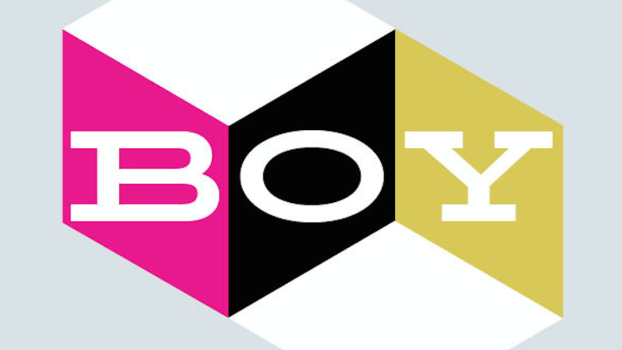Some Canadian marketers have returned to being more reliant on their agency partners after a few years of bringing digital marketing activities in-house, according to a new report conducted by Ipsos in partnership with strategy and the Canadian Marketing Association (CMA).
In 2018, the marketing association’s Digital Marketing Pulse Report found that 19% of marketers decreased their reliance on agencies for digital support last year – the highest proportion of them to do so since 2010 – while 35% of marketers increased their reliance.
However, in 2019, 50% of marketers increased their reliance on agencies, while only 15% report handling more digital marketing themselves.
“The reliance that marketers have on their advertising agencies has swung back and forth over the past ten years as different corporate mandates come in and out of vogue,” notes the report. The long-term trend has been marked by a stronger reliance on agencies in 2014 and 2015 (when only 11% and 10% of marketers, respectively, noted moving towards managing more digital work internally), followed by a “pendulum swing” in 2017 and 2018 with less reliance being “very apparent.”
A return to offering more work to agencies comes as clients are “finding it more difficult to take certain functions/activities in-house than anticipated and the difficulty that clients have in retaining talent,” according to the report.
The authors suggest this back-and-forth has been driven by the need to reduce costs and project turn-around times, on the one hand, and the need to access specialized expertise, on the other. Echoing last year’s survey, the 2019 report finds that the two leading reasons for bringing capabilities in-house were saving money and speed across almost all marketing disciplines. In comparison, access to expertise was far-and-away the biggest reason to lean increasingly on agencies in 2019.
As shown in the charts below, highly technical work tends to go to agencies. Augmented reality is the least in-housed capability (handled as such by only 10% of marketers), followed by digital audio (15%), voice search marketing (16%) and programmatic marketing (19%). Meanwhile, the aspects of digital marketing that are “customer-facing, sensitive or ‘owned’ by themselves,” such as email, website, social and search, are the most often led internally, at 72%, 68%, 51% and 48%, respectively.
Overall, there’s been an uptick in the number of Canadian marketers who consider themselves to be “an expert” in digital. Just 6% considered themselves as such in 2013, a proportion that has now reached 15% of marketers. At the same time, a third of marketers believe they only know enough to get by and 50% say it is harder to be a digital marketing expert in 2019 than it was two years ago.
When asked how they would rate their agency’s knowledge of digital marketing, 30% of those surveyed said they would describe them as an “expert,” 48% as knowing a lot, and 18% as “knowing enough to get by.”
Source: Canadian Digital Marketing Pulse Report, 2019.


























